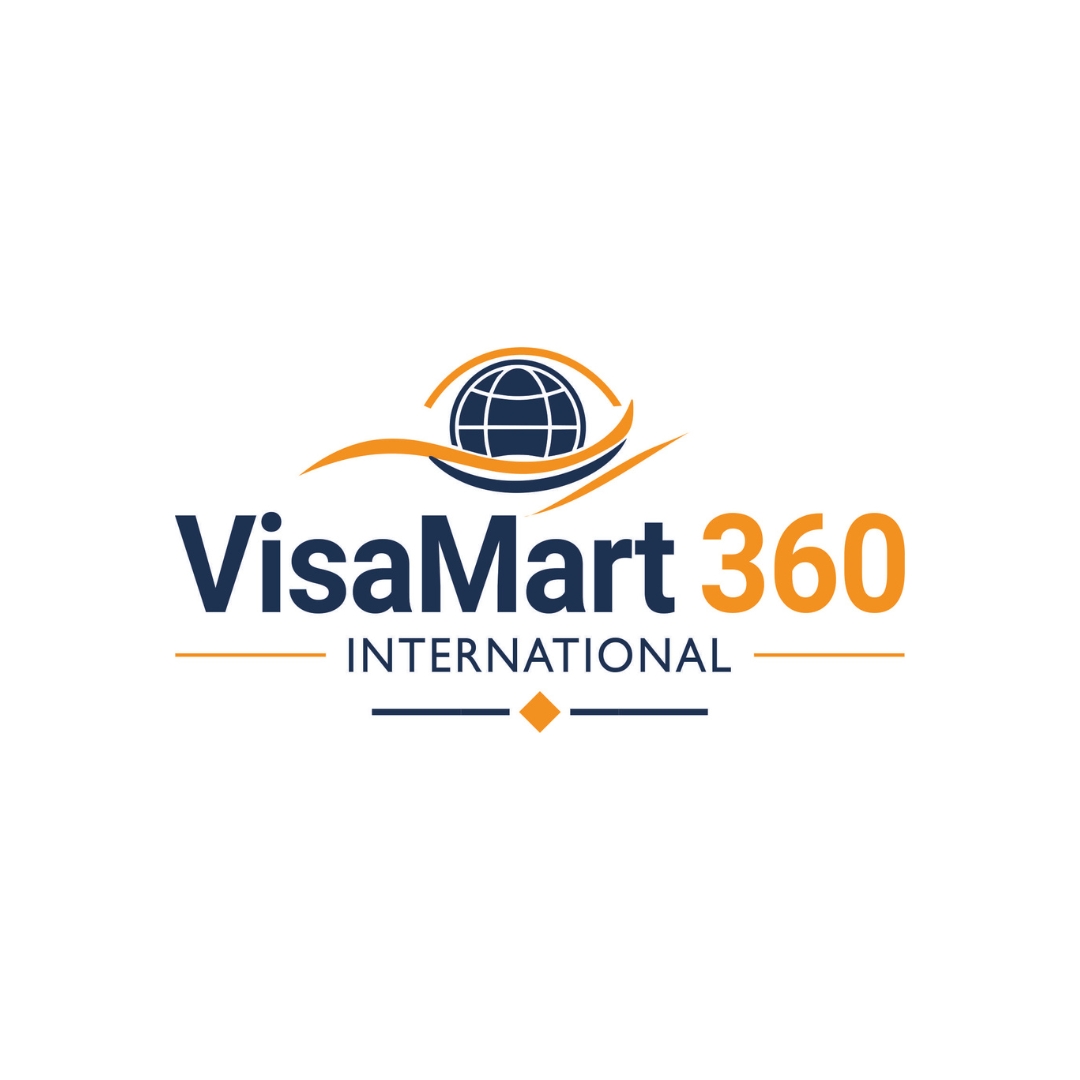Dubai, a global hub for business and innovation, attracts professionals from around the world seeking career opportunities in its dynamic economy. To work legally in Dubai, foreign nationals must obtain a work permit visa, a process that involves specific requirements, procedures, and regulations. This blog provides an in-depth, plagiarism-free guide to navigating the work permit visa process in Dubai, covering eligibility, application steps, costs, and key considerations.
What is a Work Permit Visa in Dubai?
A work permit visa, also known as a labor card or work visa, is an official document issued by the United Arab Emirates (UAE) government that allows foreign nationals to work legally in Dubai. This visa is tied to an employment contract and is sponsored by an employer registered in Dubai. It is distinct from a residence visa, which is issued alongside the work permit to grant legal residency in the UAE.
The work permit visa is governed by the UAE’s Ministry of Human Resources and Emiratisation (MOHRE) and, in some cases, free zone authorities if the employer operates within one of Dubai’s many free zones, such as Dubai Internet City or Dubai Media City.
Types of Work Permit Visas in Dubai
Dubai offers several types of work permits depending on the employment context:
- Standard Work Visa: For employees hired by companies in mainland Dubai, issued through MOHRE.
- Free Zone Work Visa: For employees working in one of Dubai’s free zones, managed by the respective free zone authority.
- Domestic Worker Visa: For individuals employed as domestic staff (e.g., housemaids, drivers), processed through the General Directorate of Residency and Foreigners Affairs (GDRFA).
- Part-Time or Temporary Work Permit: For short-term or flexible work arrangements, introduced to accommodate evolving employment trends.
- Investor or Partner Visa: For individuals who own or have a stake in a Dubai-based business, often issued as part of a work permit.
Each type has specific eligibility criteria and documentation requirements, which are outlined later in this guide.
Eligibility Criteria for a Work Permit Visa
To qualify for a work permit visa in Dubai, applicants must meet the following general requirements:
- Age: Applicants must be at least 18 years old. For certain professions, the minimum age may be higher (e.g., 21 for skilled roles).
- Valid Job Offer: A work permit requires a formal job offer from a Dubai-based employer, who acts as the sponsor.
- Medical Fitness: Applicants must pass a medical examination, including tests for infectious diseases like tuberculosis and HIV.
- Educational Qualifications: Certain professions require attested educational certificates, especially for regulated fields like healthcare, engineering, or education.
- No Security Restrictions: Applicants must not have any bans or restrictions on entering the UAE.
- Valid Passport: A passport valid for at least six months is mandatory.
Additional requirements may apply depending on the job role, industry, or free zone regulations.
Step-by-Step Process to Obtain a Work Permit Visa
The work permit visa process in Dubai typically involves the employer initiating the application, as they act as the sponsor. Below is a detailed breakdown of the steps:
1. Secure a Job Offer
The process begins with a job offer from a Dubai-based employer. The employer must be registered with MOHRE (for mainland companies) or the relevant free zone authority. The job offer should outline the role, salary, and contract terms.
2. Obtain an Entry Permit
Before entering Dubai, the employee needs an entry permit (also called a pink visa) to legally arrive for work purposes. The employer applies for this through MOHRE or the free zone authority. Required documents include:
- Copy of the employee’s passport.
- Job offer or employment contract.
- Employer’s trade license and establishment card.
- Passport-sized photographs.
The entry permit is typically valid for 60 days, during which the employee must enter the UAE and complete the remaining steps.
3. Medical Fitness Test
After arriving in Dubai, the employee must undergo a medical fitness test at a government-approved health center. The test includes:
- Blood tests for infectious diseases.
- Chest X-ray for tuberculosis screening.
A medical fitness certificate is issued upon passing, which is required for the next steps.
4. Apply for Emirates ID
The employee must apply for an Emirates ID, a mandatory identification card for UAE residents. This is done through the Federal Authority for Identity and Citizenship (ICP). Required documents include:
- Passport and entry permit.
- Medical fitness certificate.
- Passport-sized photos.
The Emirates ID is linked to the residence visa and is used for various services in the UAE.
5. Work Permit and Labor Card
The employer submits an application for the work permit (labor card) through MOHRE or the free zone authority. This step formalizes the employee’s legal right to work. Documents required include:
- Employment contract signed by both parties.
- Medical fitness certificate.
- Emirates ID application receipt.
- Attested educational certificates (if applicable).
The labor card is typically valid for two years and renewable.
6. Residence Visa Stamping
The final step is stamping the residence visa in the employee’s passport, which grants legal residency in Dubai. The employer submits the application to the GDRFA, providing:
- Entry permit.
- Medical fitness certificate.
- Emirates ID.
- Labor card.
- Passport and photos.
The residence visa is usually valid for one to three years, depending on the employment contract and employer type (mainland or free zone).
Costs Associated with a Work Permit Visa
The cost of a work permit visa in Dubai varies depending on the employer, job type, and whether the company is based in the mainland or a free zone. Below are approximate costs (as of 2025, subject to change):
- Entry Permit: AED 1,000–1,500.
- Medical Fitness Test: AED 300–500.
- Emirates ID: AED 100–370 (depending on validity period).
- Work Permit/Labor Card: AED 300–2,000 (varies by company category and employee skill level).
- Residence Visa Stamping: AED 300–500.
Employers typically cover these costs, but some may deduct certain fees from the employee’s salary, depending on the contract. Always clarify cost responsibilities with the employer before signing the contract.
Key Considerations and Tips
- Employer Sponsorship: The employer plays a central role in the visa process. Ensure the company is reputable and registered with the appropriate authorities.
- Free Zone vs. Mainland: Free zone visas may have different processing times and requirements compared to mainland visas. Confirm the employer’s status before applying.
- Contract Clarity: Review the employment contract carefully, as it outlines salary, job role, working hours, and visa obligations.
- Visa Validity and Renewal: Work permits and residence visas must be renewed before expiry to avoid fines or deportation.
- Legal Compliance: Ensure all documents, especially educational certificates, are attested by the UAE embassy in your home country if required.
- Avoid Overstaying: Overstaying an entry permit or visa can result in hefty fines or bans from re-entering the UAE.
- Seek Professional Help: If the process seems complex, consider hiring a PRO (Public Relations Officer) service or consulting with the employer’s HR department.
Challenges and Common Issues
- Document Attestation Delays: Attesting educational or professional certificates can take time, especially if done from abroad.
- Medical Test Failures: Failing the medical test (e.g., testing positive for certain diseases) can result in visa denial and deportation.
- Employer Reliability: Some employers may delay or mishandle the visa process, causing complications.
- Quota Restrictions: Companies have visa quotas based on their size and industry, which may limit their ability to sponsor new employees.
Recent Updates (as of 2025)
The UAE government frequently updates its visa policies to attract global talent. Recent changes include:
- Flexible Work Permits: Introduction of part-time and temporary work permits to support gig economy workers.
- Digital Processes: Many visa applications are now processed online through MOHRE or ICP portals, reducing paperwork.
- Golden Visa Expansion: While not a work permit, the UAE’s Golden Visa program now includes more professionals, offering long-term residency for skilled workers.
Always check the latest regulations through official channels like MOHRE, GDRFA, or free zone authorities.
Conclusion
Obtaining a work permit visa in Dubai is a structured process that requires coordination between the employee and employer. By understanding the eligibility criteria, application steps, and associated costs, prospective workers can navigate the process with confidence. Dubai’s thriving economy and diverse opportunities make it an attractive destination, but thorough preparation and compliance with UAE regulations are key to a successful visa application.
For the most accurate and up-to-date information, consult official UAE government websites or contact your employer’s HR department. With the right approach, you can secure your work permit visa and embark on an exciting career journey in Dubai.


